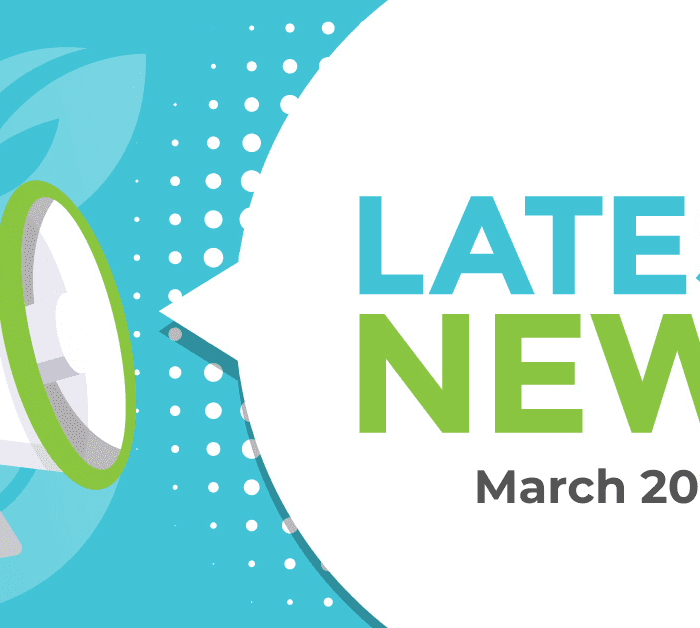SMS texting has become a popular marketing tool for businesses of all sizes. It’s an efficient way to reach customers quickly and easily, and it can be used to promote new products, special offers, and other important information.
The use of SMS texting in marketing is growing rapidly. According to eMarketer, over 67% of businesses are already using SMS in some form or another. This number is only expected to grow as businesses become more comfortable with the tech and learn how to make the most of it.
But what is SMS texting, and how can it be used in marketing? This article will provide an in-depth guide on SMS texting in marketing, including tools, strategies, and examples.
What Is SMS Texting?
SMS stands for Short Message Service. It’s a type of text message that’s sent from one phone to another. It’s one of the most popular types of messaging, and it’s used for everything from setting reminders to sending quick notes to friends.
SMS texting is also used for marketing purposes. Businesses can send text messages to customers to give them information about new products, special offers, and more. It’s a great way to reach customers quickly and easily and to keep them informed.
Benefits of SMS Texting in Marketing
SMS texting is an effective way to reach customers quickly and easily. Here are some of the main benefits of using SMS texting in marketing:
- It’s fast: Text messages are sent and received almost instantly, which makes it a great way to get your message out quickly.
- It’s personal: Text messages are sent directly to people’s phones, which can help create a more personal connection with your customers.
- It’s cost-effective: SMS texting is relatively inexpensive compared to other forms of communication, making it a cost-effective way to reach a large number of people.
- It’s trackable: Most SMS services offer analytics so you can track the success of your campaigns and make adjustments as needed.
Tools for SMS Texting
To use SMS texting in marketing, you’ll need the right tools. There are several different types of tools available, including SMS marketing platforms, bulk SMS services, and mobile marketing automation platforms.
SMS marketing platforms allow businesses to create and send text messages to customers. They usually include features like message templates and scheduling, making it easy to create and send messages quickly.
Bulk SMS services allow businesses to send a large number of text messages at once. This is great for businesses that need to send out messages to a large group of people.
Finally, mobile marketing automation platforms provide businesses with a way to automate the process of sending text messages. This makes it easy to send messages on a regular schedule and to keep track of the messages that have been sent.
Strategies for SMS Texting in Marketing
Once you have the right tools, you’ll need to come up with an effective SMS texting strategy. Following are some tips for getting started:
- Personalize messages. People appreciate messages that are personalized to their interests and needs. Include customers’ names and other personal information to make your messages more effective.
- Utilize segmentation. Segmentation allows you to send messages to different groups of people based on their interests, location, and more. This makes it easier to target the right people with the right messages.
- Provide value. Your messages should provide value to the recipient. This can be in the form of coupons, special offers, or other incentives.
- Track results. Tracking the results of your messages is essential. You should track open rates, click-through rates, and other metrics to see which messages are most effective.
- Stay compliant. Be sure to adhere to all applicable laws and regulations when sending text messages. This will help you avoid any legal trouble.
Examples of Marketing Using SMS
Now that you know the basics of SMS texting in marketing, here are some examples to help you get started.
- Appointment reminders. Many businesses use SMS texting to remind customers about upcoming appointments. This is a great way to reduce no-shows and keep customers informed.
- Promotional offers. Businesses can use SMS texting to promote special offers and discounts. This is a great way to drive sales and keep customers engaged.
- Customer service. Text messages can also be used to provide customers with quick customer service. This could include answering questions, providing product information, and more.
Still not sure how to use SMS texting in your marketing efforts? Here are a few examples of successful campaigns to help get you inspired.
Burger King: Burger King used SMS texting to promote the launch of their new plant-based burger. They sent out a message to their subscribers informing them of the launch and providing a special discount code for those who purchased the burger within 24 hours.
Disney: Disney used SMS texting to promote the launch of their new streaming service. They sent out a message to their subscribers giving them early access to the service and providing a special discount code for those who signed up within 48 hours.
Sephora: Sephora used SMS texting to promote the launch of their new rewards program. They sent out a message to their subscribers informing them of the program and providing a special discount code for those who signed up within 72 hours.
These are just a few examples of how powerful SMS texting can be when used in marketing. With the right tools and strategies in place, you can make sure your messages reach the right customers and get the results you want.
Conclusion
SMS texting is a powerful marketing tool that can be used to reach customers quickly and easily. It can be used to send reminders, promotional offers, and customer service. To get the most out of SMS texting, businesses should use the right tools, create an effective strategy, and track the results.
For more information about SMS Texting and how it can benefit your business, contact Sprout Media Lab for a Free Consultation or call us now for immediate assistance at (800) 617-6975.











